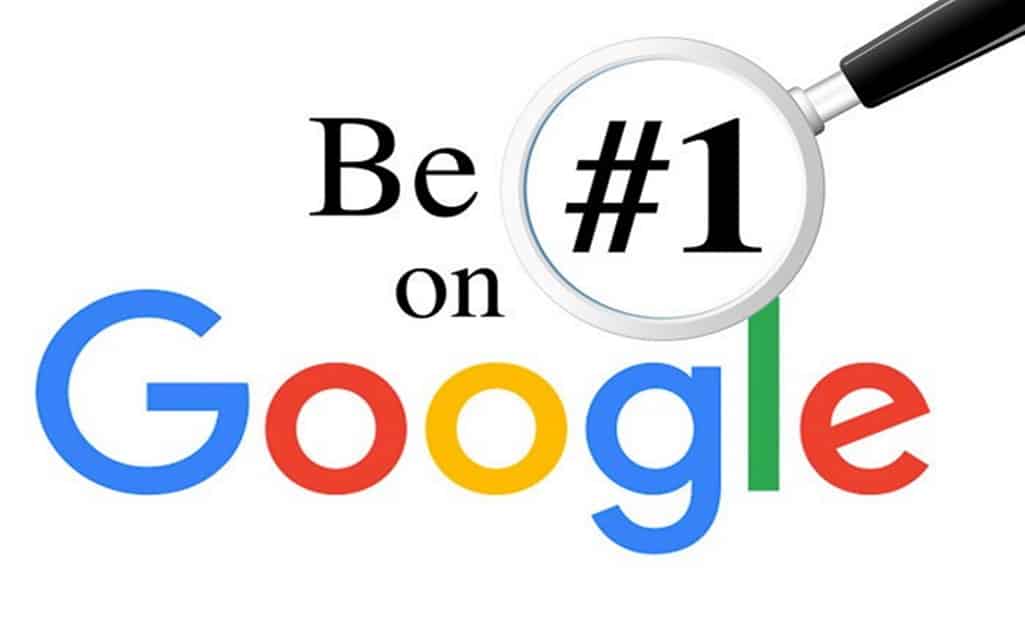So, you want to get your blog post on the first page of the web! Well, this is something every blogger hopes for. However, with millions of blog posts published every day, ranking your content on the first page of Google isn’t an easy task.
There is a jaw-dropping competition, and everyone wants to be at the top 10 spots. With such intense competition, is it still possible to get on the first page? Yes! But it takes a lot of hard work, creating good content, knowing the ins and outs of SEO keywords, Google SERP features, and a little patience.
Let’s get started!
How to Get Your Blog On the First Page of Google?
The first thing to know is Google updates or tweaks its algorithms almost daily. Some are common like Panda, while others are rolled out with a little fanfare. Google core update is the one in which the search giants make significant changes. These changes can make notable effects.
The message here is to remain claim and think of all the ways to make your blog popular. There is no one sure-fire way to get your blog to the first page. Let’s discuss all the important things, one by one.
Total Authority for Blog Posts and Websites
Google measures topical authority not only for blog posts but also for the complete website. Thus, the next tip on how to have your blog to show up on Google is to write a blog post that boosts the topical authority.
Go to Google Analytics account, and click Behaviour >Site Content > All pages. A list of your most popular posts will appear. Search for a pattern in the pages that rank highest. Is there any common sub-topic in your most popular blog posts?
Suppose your blog is about beauty, and all your popular posts are about organic makeup. This is where your topical authority is! This means Google has given you topical authority for ‘organic makeup’ and your blog posts are ranking higher on this topic.
By writing more posts on that specific topic, you can get your content at the top in the Google search blogger.
Research and Write Your Blog

Writing blog posts is like an investment. Now that you know that ‘organic makeup’ is your topical authority, it’s time to research for the main topics.
Make sure to write your post around a long tail keyword with ‘organic makeup’ as the main keyword. Long-tail keywords have a CTR of 3 to 5% higher than the generic searches. You can use Google Keyword planner to find the relevant keywords.
You post your first blog; it’s likely that you won’t see a great spike in the visitors. If you remain consistent, you will automatically see growth after a few months. Below are some ways to improve your content’s organic performance in SERP-
- Find out the keywords you want to feature in your videos, blog posts, or articles.
- Place the important keywords in title, meta descriptions, URL, and alt tags.
- Also, use keywords in the first paragraph, sub-headings, and the text itself.
- Write unique content.
- Conduct a content audit regularly to know which pages were affected by the Google core changes.
Besides, if you are going to start a blog, it is best to look at the top 10 Google Searches as of 2020 so far. It will allow you to choose a topic related to these searches and rank your content.
Read More: Top 10 Tips to Create a Successful Business Blog in 2020
Perform On-Page SEO
Optimizing all the SEO factors is the most important tip on how to make your blog popular. If you are a newbie, the best way of doing so is to install a free SEO plugin for WordPress. You don’t need to worry about the keyword density.
As long as you have the target keyword in the blog post’s title, slug, first paragraph, and at least 4,5 times in the content, it’s fine. Also, make sure to add LSI keywords associated with your focus keyword.
Ask Google To Crawl Your Page
The next tip to get your blog post on the first page of Google is to fetch as Google. Log in to the Google Search Console, and click on Crawl > Fetch in the left navigation. Enter the slug of your blog post in the right panel and click ‘Fetch.’
Then, Google will take you to the request indexing of your page. Click ‘Request Indexing’, and the search engine will ask you to verify that you aren’t a robot. Check ‘Crawl only this URL’ and click reCAPTCHA. The status will change to ‘Indexing Requested.’
Now, you have done your part. Have patience and wait. With consistent efforts, you will see the rankings of your blog posts getting improved.



